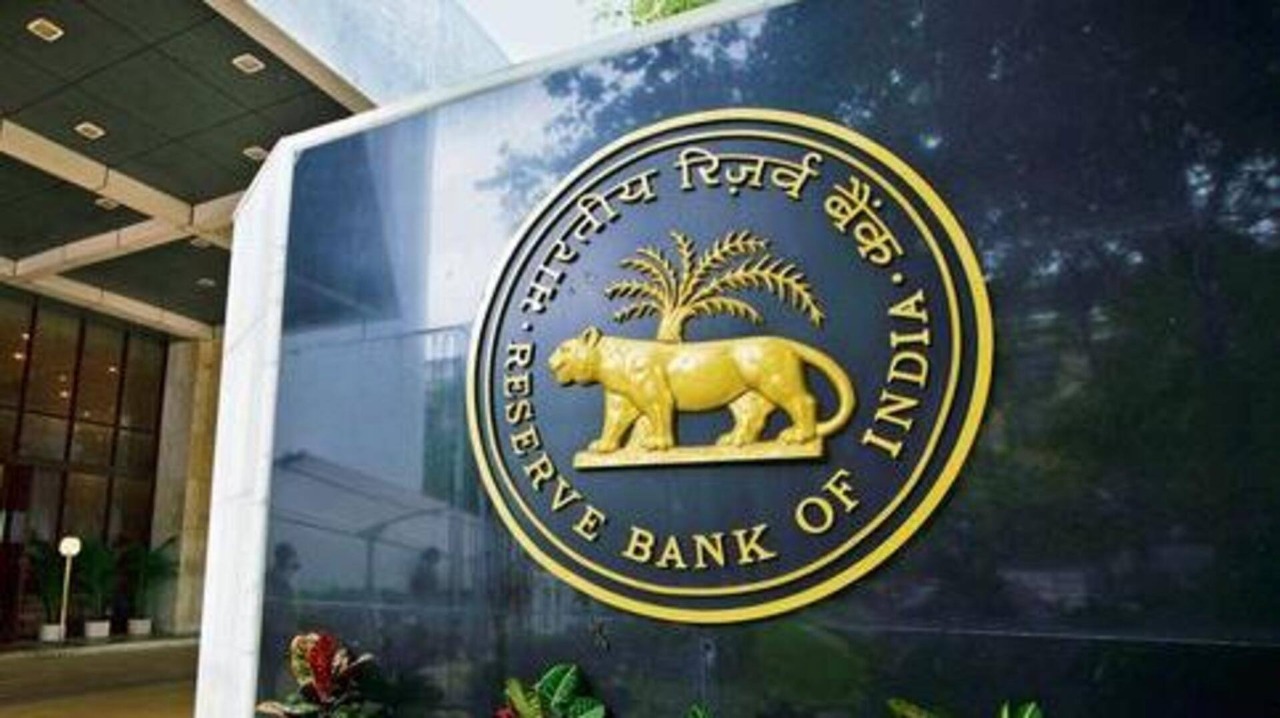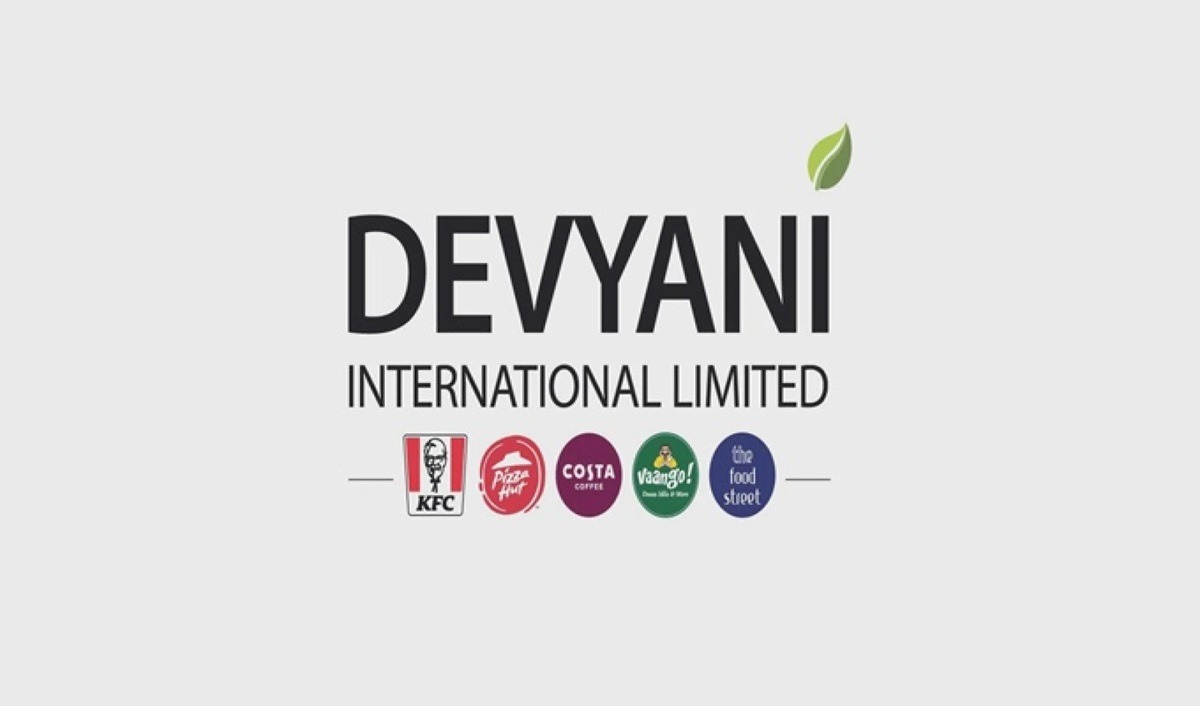
Follow WOWNEWS 24x7 on:
Updated: May 23, 2025 07:45

The Reserve Bank of India (RBI) is likely to redefine the lending landscape with its new co-lending regulations, which promise to make credit cheaper for borrowers. After a series of discussions with the heads of the fintech industry, the RBI was optimistic that these reforms, along with the recent repo rate reductions, will result in a real decline in interest rates for consumers.
Key Highlights
Blended Interest Rates Introduced: The RBI’s draft guidelines propose a “blended interest rate” for co-lending arrangements, calculated as the weighted average of the rates offered by each lending partner. This approach is expected to lower the final rate charged to borrowers compared to current practices, where rates are often set higher by mutual agreement between partners.
Wider Regulatory Coverage: The new framework includes co-lending regulations for all regulated players, including NBFC-to-NBFC transactions and non-priority sector lending, thereby having a level playing field in the sector.
Default Loss Guarantees Limited: For risk mitigation, default loss guarantees for co-lending transactions will be limited to 5% of outstanding exposures, without any implicit guarantees or backdoor loss absorption.
Improved Vigilance and Transparency: The RBI will enhance regulation of co-lending agreements to avoid over-charging of borrowers and ensure fair practices.
Repo Rate Cut: Accompanying these reforms, the RBI lowered its policy repo rate by 25 basis points recently to 6%, with more cuts in store this year. This is already reducing home loans and other credit products, particularly for borrowers with floating-rate loans.
Industry Confidence: Rating agency ICRA and fintech associations are confident that these reforms will reduce the cost of borrowing, raise transparency, and increase access to credit for consumers and businesses.
With these actions, the RBI hopes to create a more competitive, transparent, and borrower-friendly credit market, which bodes well for India's credit market in 2025.
Source: Business Standard, Economic Times, Telangana Today, PIB



